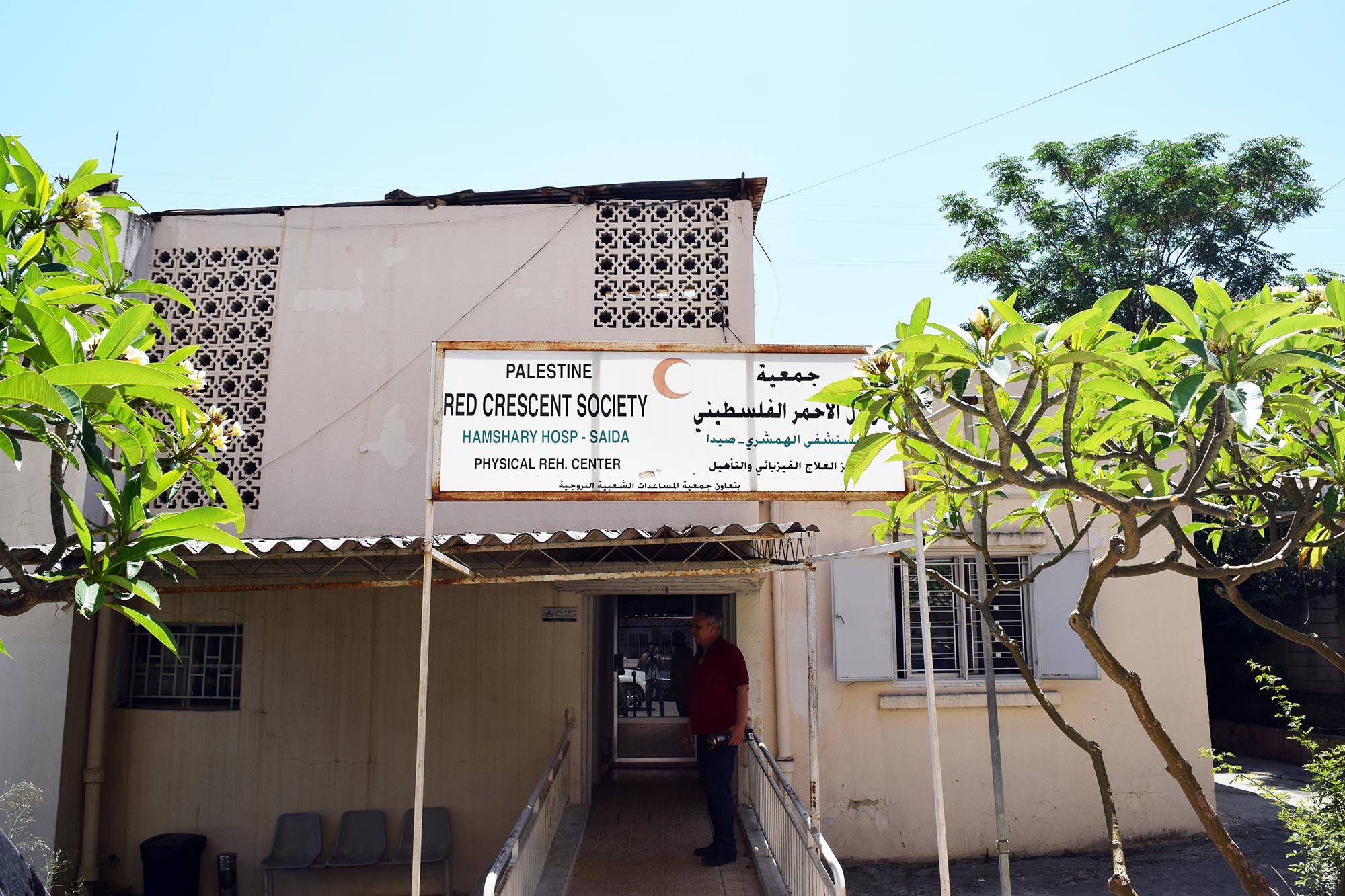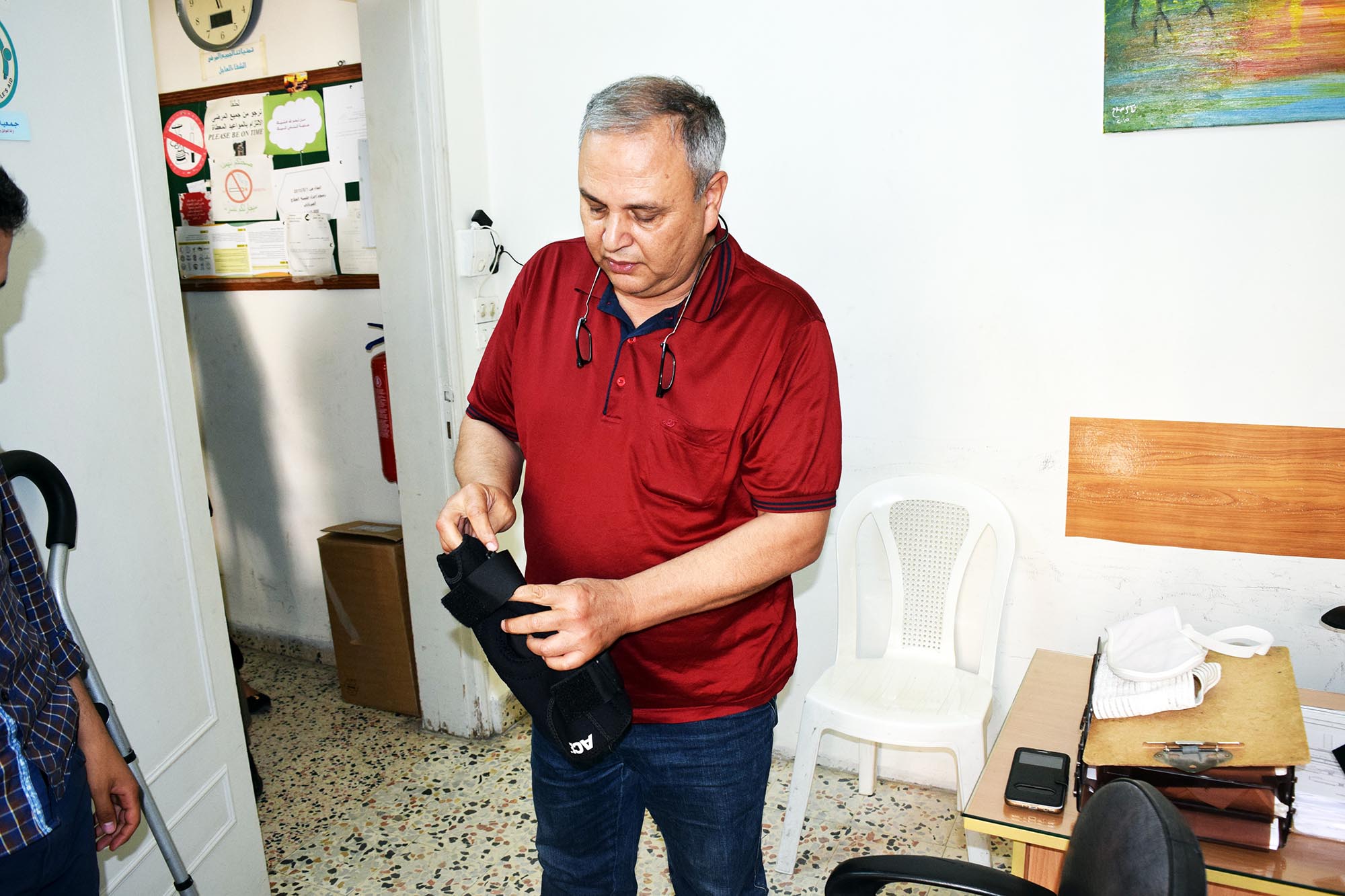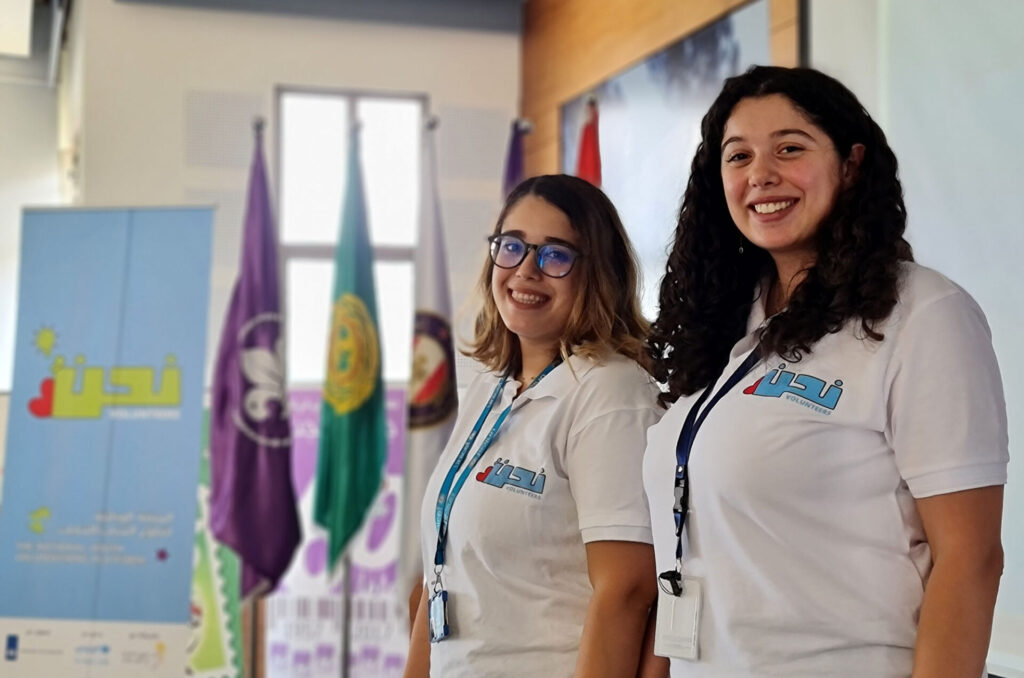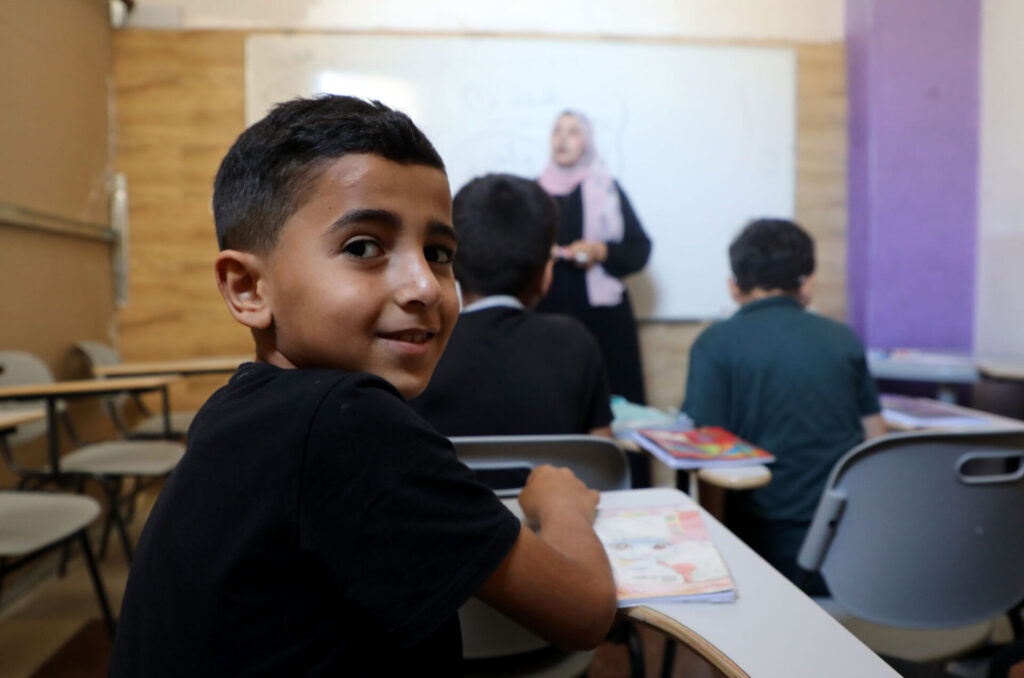Jul, 2018
For Palestinian refugees living in camps in Lebanon, life is a daily struggle. For Palestinian refugees with physical disabilities in these camps, the challenges are even greater.
Basic movement for disabled people such as proper access to schools, health facilities, shops, and many times even their own kitchens and bathrooms is an overwhelming task. The already narrow and crowded streets of Palestinian refugee camps in Lebanon are unforgiving for people with physical disabilities. These barriers prevent many disabled people from being able to reach their full potential as well as creating an environment of exclusion compared to people with full physical ability.
According to UNRWA, more than 20 percent of Palestinian households face extreme poverty and have at least one family member with a disability. Moreover, almost 29 percent of children with disabilities are not enrolled in any form of school, which ultimately stunts their educational attainment.
This sense of exclusion towards disabled people doesn’t only happen within the confines of the Palestinian camps, but also within Lebanese society at large. Lebanon has responded to the challenges of disabled people in many areas by granting certain benefits that is tied to a disabled status on their identity cards. Palestinian refugees, unlike Lebanese citizens, cannot access many of these benefits since they are not granted disability status on their Palestinian IDs.
The Palestinian Disability Forum
To respond to the many challenges disabled Palestinian refugees face, the Palestinian Disability Forum (PDF) was launched in South Lebanon as a local network of groups and organizations that provide services to Palestinians living with disabilities.
At Burj El Shemali camp, El Buss camp, and Ein El Hilweh camp in Saida, South Lebanon, there are a considerable number of Palestinians living with disabilities which makes the PDF’s work immensely important. In partnership with Anera, the PDF Center provides physical rehabilitation and other services in the center and through house visits to disabled Palestinians living within the camps.
“If the needs as well as rights of a disabled person are neglected, their resulting exclusion and isolation will not only affect their physical well-being, but also their mental well-being. They are more likely to develop severe mental disorders and even depression,” says Mr. Jamal Saleh, director of the PDF Center.
Recognizing the importance of the PDF Center’s work in alleviating the burdens faced by disabled Palestinian refugees, Anera has provided the center with medical donations thanks to in-kind partner Direct Relief. A recent donation included adult crutches and knee-stabilizers for rehabilitation. “Anera has helped us carry the burden of providing much needed tools for rehabilitation to so many people. This has allowed us to focus on and provide other vital services as well,” Mr. Saleh expressed.
Mr. Saleh also highlighted the importance of continued donations, support and partnerships with organizations such as Anera for the sustainability of the center’s work on which the welfare of many disabled Palestinians in Lebanon depend.




